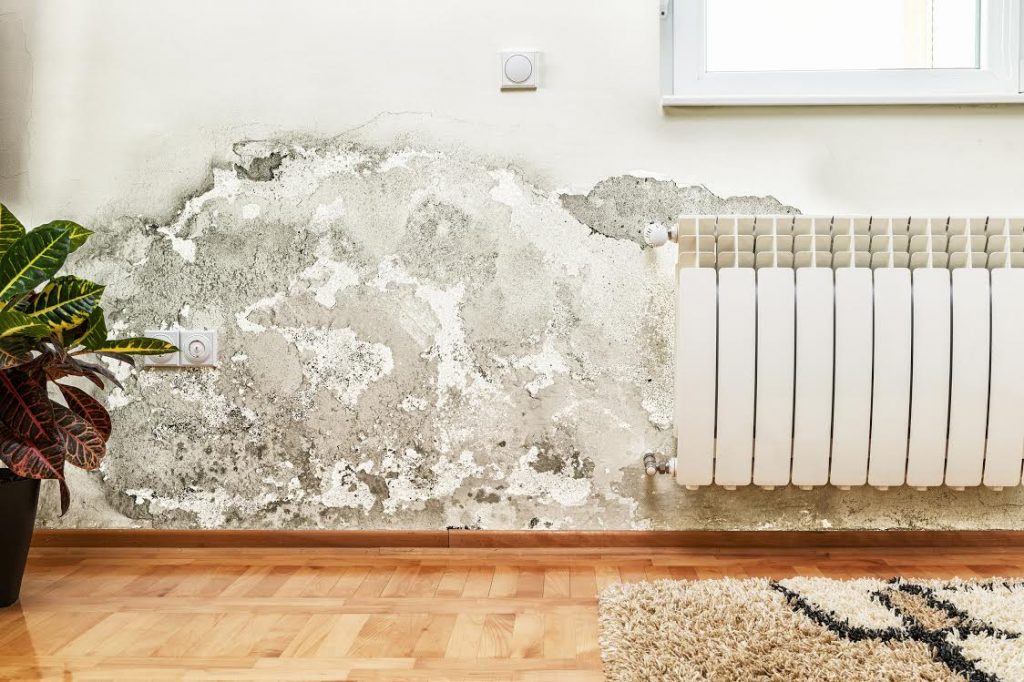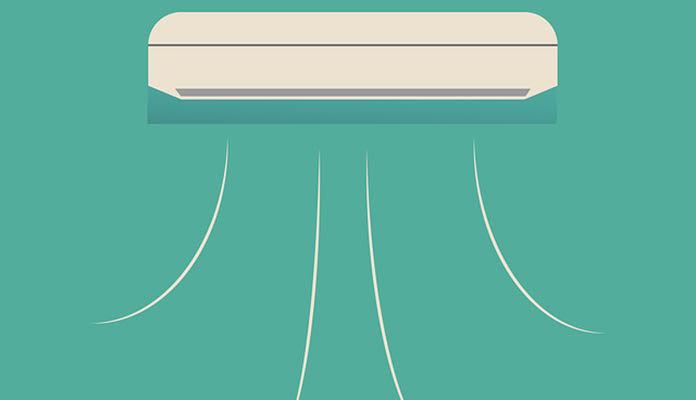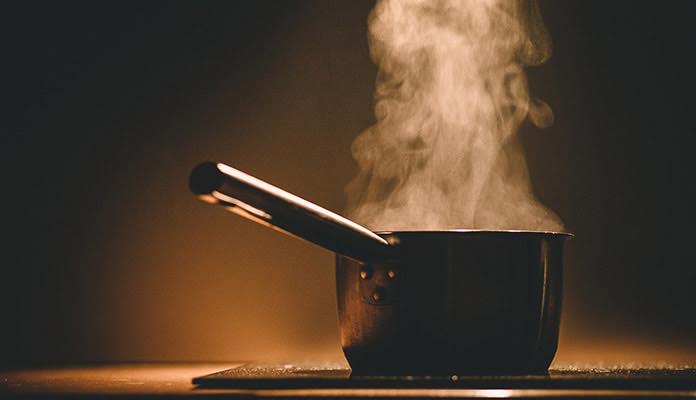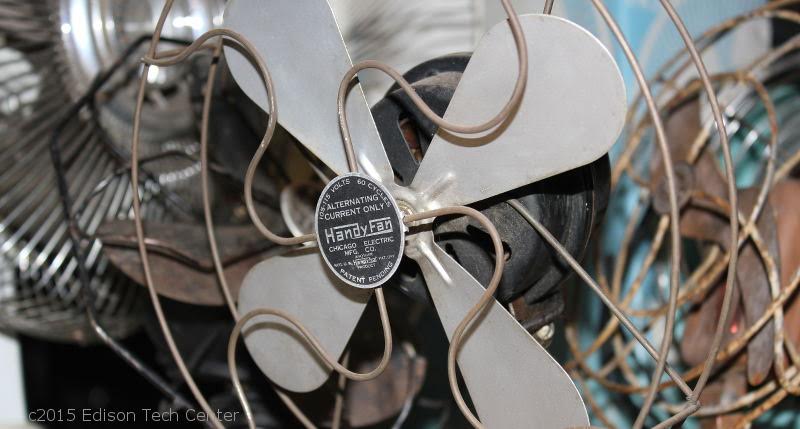Have You Been Searching For How To Remove Moisture And Humidity From A House Naturally?
It’s normal to have moisture in the home. It normally results from bathing, cooking, washing and even breathing. For some reasons, the humidity in the home can go beyond the normal levels. This is particularly likely during the wet seasons.
It is also common in poorly ventilated houses and where moisture can penetrate through the crawl spaces, walls and the basement of a house. Increased humidity in the home has several dangers. It can cause health problems like respiratory issues, mold growth, bugs, electronic damage and wood decay and deformation among other things. Here is how to control humidity in the home.
1. Take Basic Precautions To Avoid Mold And Mildew
If you already suffer from house mold problems, brace yourself for a rough ride because mildew prevention will be a tough task. However, through identifying places in the house where mold is most likely to form, you can prevent the problem before it gets out of hand.

Environments with high humidity levels and warm temperatures are perfect for mold growth. The soil contained on dirty articles, and this includes clothing, can provide enough food to encourage mold growth provided the temperatures and moisture levels are favorable. Greasy films, for instance, those that form on kitchen walls, tend to be nutrient-rich for mildew-causing molds. Watch these areas closely, and try to keep them as clean as you can.
2. Proper Ventilation is Vital To Help Tackle Moisture
Proper ventilation and air movement are great for removing moisture. When the outer air is drier compared to the inner air, ventilation lets the drier air to enter, take excessive moisture up, and then carry it outside. When the natural air is not sufficient to expel moist air, you can resort to using electric fans set in a wall, placed on a window or even vented to the attic. These can move the air from your house.
3. Heating and cooling systems For Moisture Control

Another way of controlling moisture in the home is through the heating and cooling systems. Electric and gas fireplace can reduce moisture with their dry heat. Air conditioners can lower the amount of moisture in the air while it cools. Have registers unblocked and open to permit proper flow of air. Finally, make sure that your system is serviced and inspected regularly to ensure that they function properly.
4. Calking and Weather-stripping
These not only improve energy efficiency but also prevent moist air from entering your home. More importantly, they can also lower the air exchange that lets moisture to be expelled from the house. Dryer exhaust, bathroom exhaust fans, as well as ducted kitchen exhaust hoods which vent to the exterior, remove moisture that activities like showering, clothes drying, bathing, cooking, and washing create. Make sure the devices are kept free of lint, grease, dust or anything that could prevent them from working properly.
5. Moisture Control System Maintenance is Key

Maintenance plays a crucial role in keeping the home dry. Inspect your roof, windows, flashings, guttering, decks, and balconies to ensure that they don’t have any leaks. If there are any leaks, make sure they are repaired quickly. Heat and ventilate your home thoroughly to avoid damage that may arise from excessive internal moisture.
6. Moist Air Extraction

The biggest sources of moisture in the home are the bathroom, kitchen, and laundries that lack vents to the outside. These rooms need to have extractor fans or range goods to remove moisture. It’s crucial that moist air is vented to the outside, as this avoids moisture buildup, which can damage your internal roof structures and insulation. Also, clothes dryers produce a significant amount of moisture, which is why you need to vent the dryer outside.
7. Using a Dehumidifier To Eradicate Moisture And Humidity 
If you have a homemade dehumidifier in the home, make sure you turn it on. They work great in removing excessive moisture in the home. Make sure you know how to use a dehumidifier, as this is crucial in ridding your home of excessive moisture.
Conclusion Excessive air can cause a wide range of problems. They can cause mold growth, health problems and even deterioration of your structure. It’s therefore very important to keep your house less moist at all times. Make sure your house is properly ventilated, your building meets weather-tight requirements, extract moist air and use a homemade dehumidifier.
Author Bio:
 I am Michael, the creator and founder of Wonderfullivingideas.com. I started this blog to share my ideas and skills regarding home improvement with other people who share the same passion with me. I saw it as a better opportunity to use the website to educate people like you about gardening and home décor as well.
I am Michael, the creator and founder of Wonderfullivingideas.com. I started this blog to share my ideas and skills regarding home improvement with other people who share the same passion with me. I saw it as a better opportunity to use the website to educate people like you about gardening and home décor as well.

I am not sure what to do. If my humidity is low in my home what do I need to do. When I cook I always used exhaust fans and when showering. I have a very small laundry room where Hester is located. Is it a good idea to hang wet clothes in there that I do not like to put in dryer. I just noticed this issue it has gotten colder out and I had shutters installed on all windows. Is it better to keep heater running on 70 or 68? I live in eastern PA. Thank you